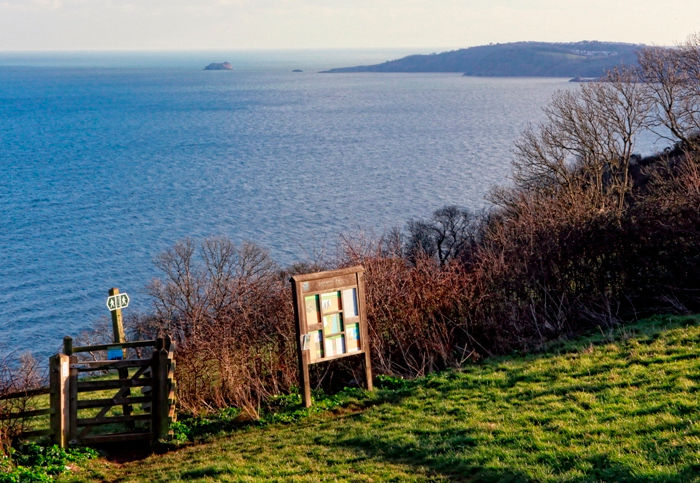Labrador Bay
Labrador Bay
Labrador Bay
Labrador Bay may have been established as late as 2008, but its profound beauty will resonate within minutes. The RSPB reserve is situated 1.5 miles south of Teignmouth, boasting a resplendent aspect that captures views of Lyme Bay and beyond. The reserve’s predominant aim is to preserve the cirl bunting species; a bird that is closely related to the yellowhammer but that has suffered serious decline in past years.
The cirl bunting population is almost entirely exclusive to South Devon, with only 118 pairs being recorded in 1989. Thanks to the magnificent work at Labrador Bay, in 2009 this had soared to over 860 couples, but the RSPB would like to see this number augmented. This particular specie of bird is easily distinguished by its distinctive rattling call, something you will more than likely hear on your walks along the rugged footpaths. The terrain is steep and tricky at points, but the engrossing views will negate any complaint.
It is not only the cirl bunting that will make themselves known at Labrador Bay; skylarks, peregrines and buzzards are happy inhabitants off the cliff tops too. Much of the reserve is part of a working farm, so you will often find cattle and sheep grazing on the meadows. The vivid shades of wild flowers will also catch your eye, and an abundance of fungi amongst the woodland adds to the area’s rural bloom. The low-intensity arable and semi-improved grassland makes an ideal habitat for the cirl bunting, as their initial decline was due to a lack of rich grassland in summer and weed-rich stubble in winter.
The time of year that you choose to visit will impact upon your experience at the reserve, as part of the beauty of the wildlife is its seasonal tendencies. In spring, birdsong will pervade the air as the cirl bunting’s settle in their habitats and seek a mate. Summer will see the young offspring venturing out of the nest and into the real world, whilst autumn is the season for migration and winter offers stunning moments of the birds flying together at dusk, in an attempt to keep warm.


